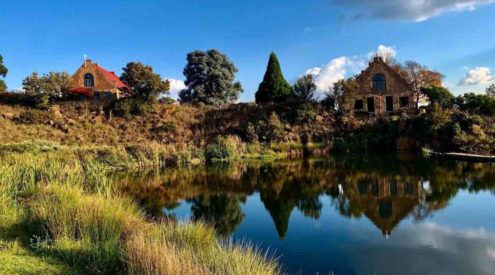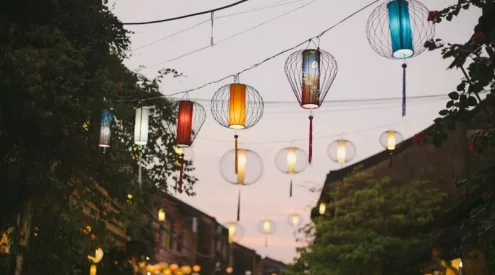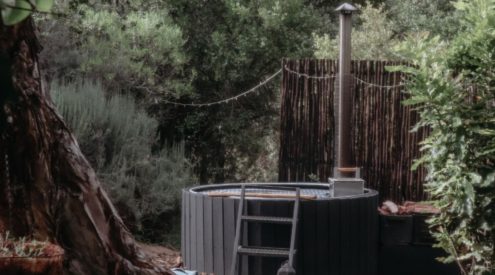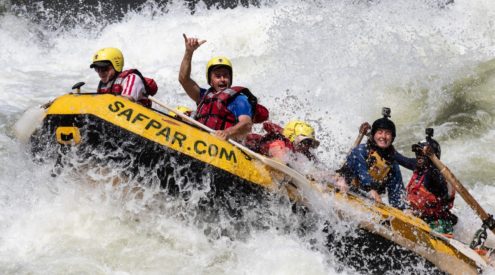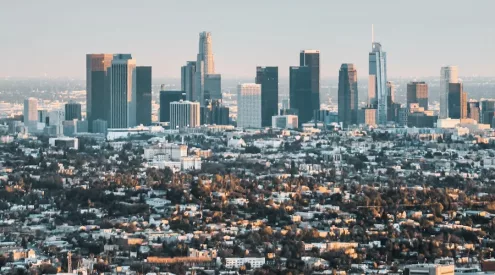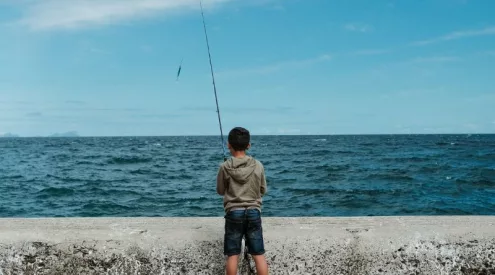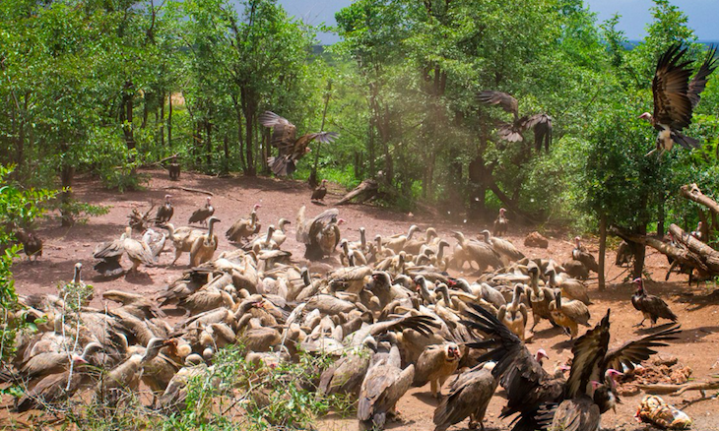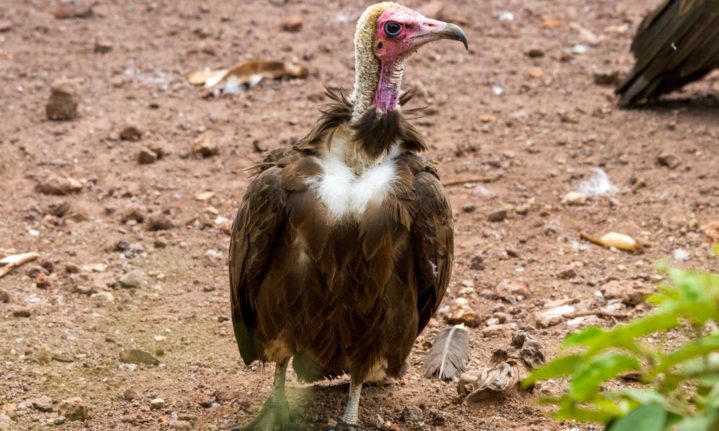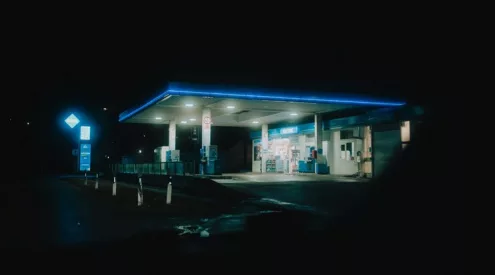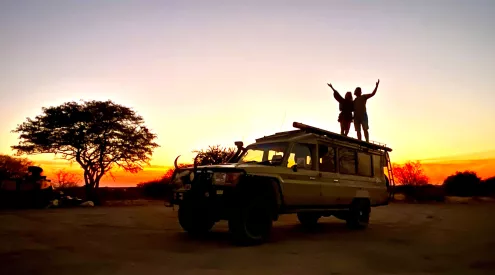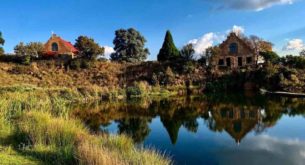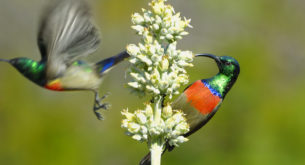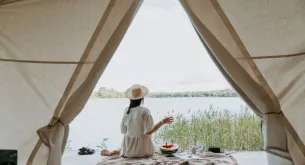A well-known vulture ‘restaurant’ at the Victoria Falls Safari Lodge has, in the past, seen an abundance of these endangered birds feeding off carcasses. The Vulture Culture Experience was a unique way for visitors to Zimbabwe to learn more about these magnificent scavengers.
Last year, however, the unimaginable happened. Lifeless bodies of 537 vultures were found at a site of a poached elephant in northern Botswana. The elephant had been laced with poison and the vultures, the wild’s vital vaccuum cleaners, were killed as a result.
It is estimated that nearly 1,000 birds would have been affected but some would have flown off before the effects of the poison started. Chicks left in nests would have starved to death too.
Poachers often lace carcasses so that the vultures do not attract the attention of wildlife authorities.
Victoria Falls Safari Lodge estate wildlife supervisor Moses Garira says the number visiting the Vulture Culture Experience daily had dwindled by more than half.
‘So, the population of vultures has dropped dramatically as these are the same vultures which go to Botswana and back. We used to feed 300 to 350 vultures daily, but now only around 100 vultures are coming. It will take five to ten years to get the same flock here,’ he adds.
He describes this incident as ‘the biggest loss of vultures in history’, and although there was another poisoning in Namibia six years previously, it wasn’t quite as big.
Previously Garira says he used to sometimes see lappet-faced and white-headed vultures also feeding in amongst the crowd of predominantly white-backed and hooded vultures, but in the past eight months he’s seen none.
However, there has been a small silver lining lately … since December the numbers coming to feed are up ten per cent, due to the babies, which are born around the middle of the year, being strong enough to leave their nests after four or five months.
‘It’s (the poisoning incident) had a very big impact … and if we don’t do anything (to conserve the vultures) in 50 years to come there may be no vultures left on Earth,’ Garira says.
Victoria Falls Wildlife Trust wildlife and research manager Roger Parry says seven elephants were shot in a remote area north of Nata, and three of their bodies were laced with carbofuran to poison the vultures so they could not alert law enforcement authorities to the poachers’ location.
‘It was disastrous … it’s quite sick actually,’ Parry says.
It is estimated the population will take five to eight years to recover.
‘After this incident we found a dead vulture 120km away in the Zambezi National Park, and we tested it, and it came back positive for carbofuran, the same poison used in the poaching incident, so we suspect it was linked to that.’
Parry says there has been a definite decline in vultures at the Vulture Culture Experience since last year, with a 10-day monitoring project showing numbers were down on average by 11 per cent, but day to day numbers fluctuate depending on whether there are other carcasses in the area.
Vulture restaurants play an important role in providing a safe food source for these birds, and while some argue they create a dependency, not enough food is provided to sustain them, so while birds have habituated to feed at the vulture restaurants, they are not dependent on them, explained Parry.
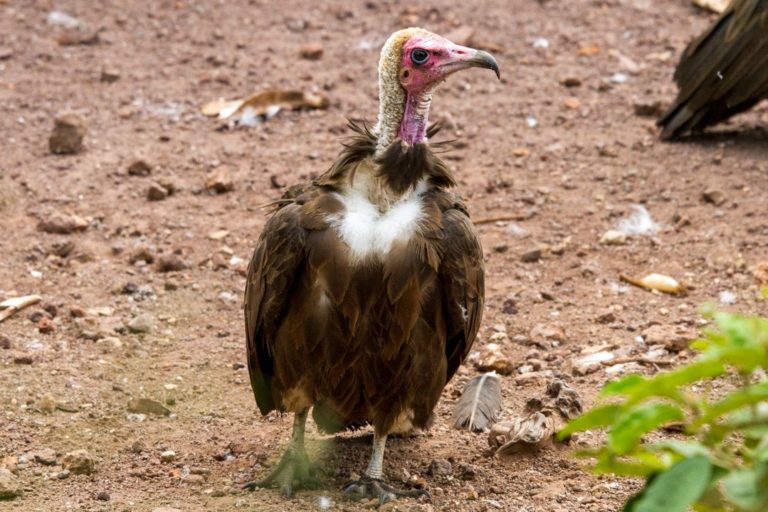
A hooded vulture. Image: Supplied
Images: Supplied

